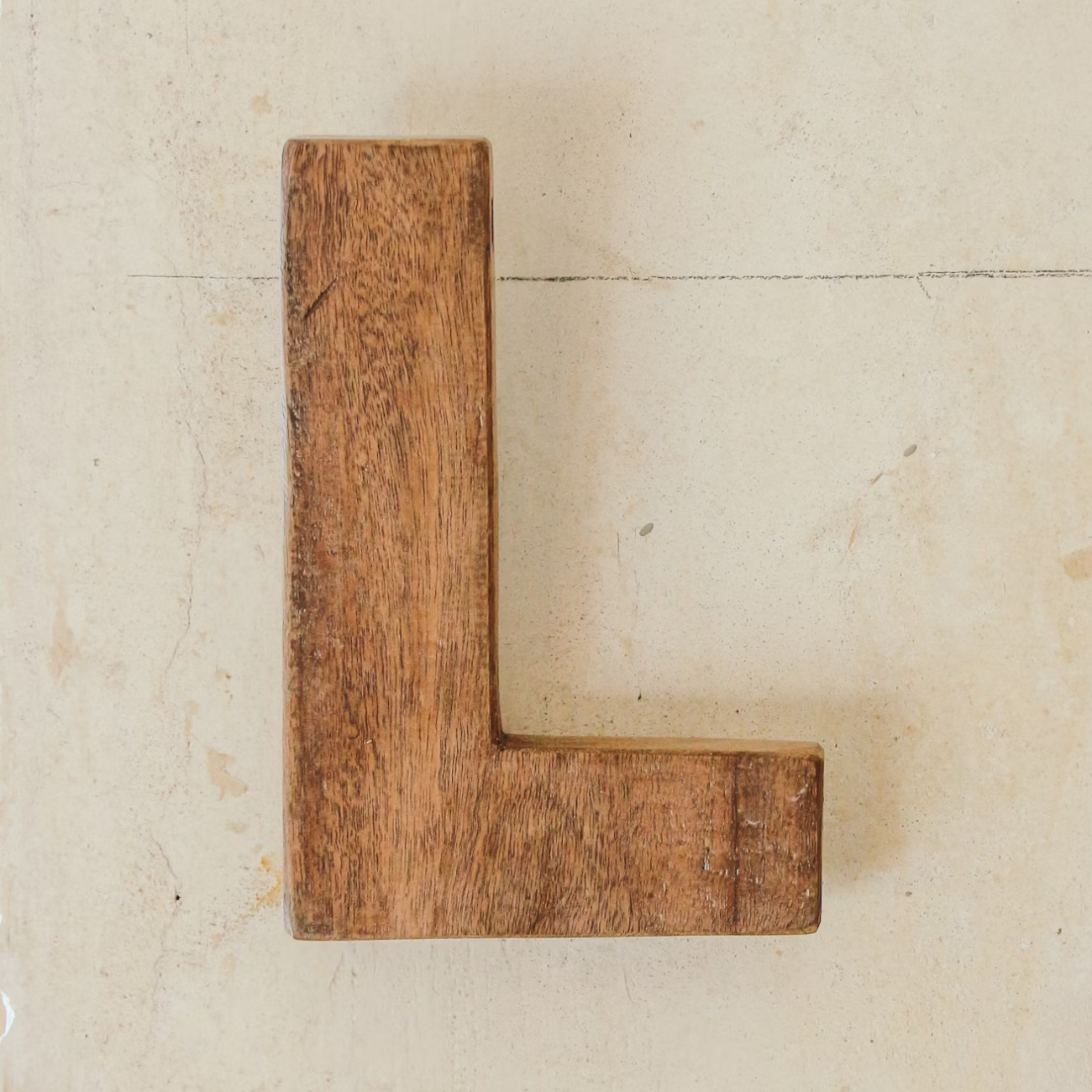Lottie Cunningham Wren
Lottie Cunningham Wren is a human rights defender from the Miskito Indigenous People, on the Caribbean Coast of Nicaragua, serve as a nurse on the Caribbean Coast Autonomous Region of Nicaragua for more than ten years; then she serves as Human Rights defender and legal representative for indigenous people she works more than 20 years in their struggle for the restoration of their territories and defense of their rights. She founded the Center for Justice and Human Rights of the Atlantic Coast of Nicaragua (CEJUDHCAN) in 2005 as a transition from her work with the International Human Rights Law Group, which created an office on the Caribbean Coast of Nicaragua in 1997. Its purpose was to promote and protect human rights, particularly the protection of the territories and natural resources of the Indigenous and Afro-descendant Peoples on the Caribbean Coast of Nicaragua.
Lottie is now the President of the Indigenous Defenders Network that accompanies the Indigenous People on the Caribbean Coast of Nicaragua.
She has been ensuring legal protections, including initiating the process of demarcation and titling of indigenous people lands in Nicaragua. Also fought to uphold the human rights of indigenous peoples and Afro descendants, protecting them and their livelihoods from armed settlers.
The land grab is forcing whole villages to abandon their ancestral farmland and flee for safety. Lottie has developed an innovative strategy to unite indigenous people to collectively combat the current threat to their cultural survival.
As a result of her work in defense of the rights of her People, for several years she has been the victim of threats, harassment, smear campaigns, surveillance and persecution, and now lives in exile.
Thus, given the seriousness of such acts, in 2018 the Inter-American Court of Human Rights resolved to extend provisional measures granted in favor of 15 indigenous communities of the North Caribbean Coast with the respect of Lottie Cunningham by virtue of the risk arising from the threats and harassment received as a result of her work in defense of the rights of indigenous peoples and in particular, of the Miskito and Mayangnas indigenous communities of the Northern Caribbean Coast. The resolution the Court required the State of Nicaragua to adopt, included sufficient and necessary measures to protect the life and personal integrity of Lottie Cunningham… as well as to guarantee her participation in the implementation of the present measures. However, to date the Nicaraguan State has not implemented these measures in the terms required by the Court.
As an indigenous and environmental rights activist, she was recognized by the 2020 Right Livelihood Award, known as the "Alternative Nobel Prize", and other international awards for her work in defending the rights of Indigenous Peoples and the environment.



